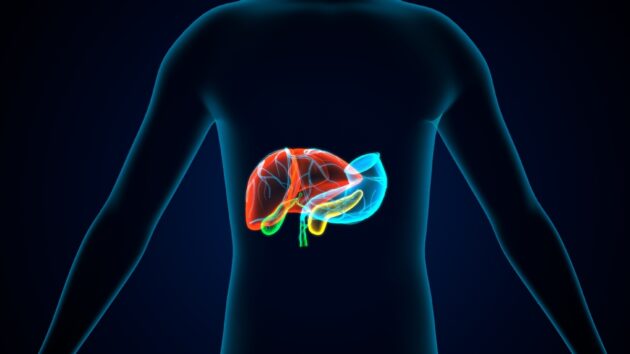
Protein markers tied to chemotherapy success
Doctors in Shanghai have screened two protein markers to determine pancreatic cancer patients’ sensitivity to chemotherapy, which may rewrite current treatment guidelines and improve patients’ overall survival rate.
The team of researchers from Shanghai Ruijin Hospital said on Monday that the results of the study have been validated in three groups at home and abroad, showing strong clinical applicability.
A paper about the study was published as the cover article in the top international medical journal Nature Medicine on March 19.
More than 330,000 people die from pancreatic cancer worldwide each year, with an overall five-year survival rate of approximately 6 percent, according to the hospital.
By analyzing the data of 191 patients over more than three years of follow-ups, the researchers constructed a prognostic prediction model for pancreatic cancer, and identified two protein markers — NDUFB8 and CEMIP2 — which are able to accurately predict patients’ sensitivity to chemotherapy.
Results of the study were independently verified among people with pancreatic cancer in and around Paris, France, and at Fudan University Shanghai Cancer Center and Shanghai Changhai Hospital.
“The research answered one of the two main queries that are current bottlenecks in the field of pancreatic cancer treatment: Which patients are sensitive to chemotherapy and which chemotherapy drugs are they sensitive to?” said Shen Baiyong, a professor at the Pancreatic Disease Diagnosis and Treatment Center of Ruijin Hospital and a leading researcher on the team.
For more visit China Daily
For subscriptions on news from China Daily, or inquiries, please contact China Daily Africa Ltd on +254 733 566 499 or write to enquiries@chinadailyafrica.com
